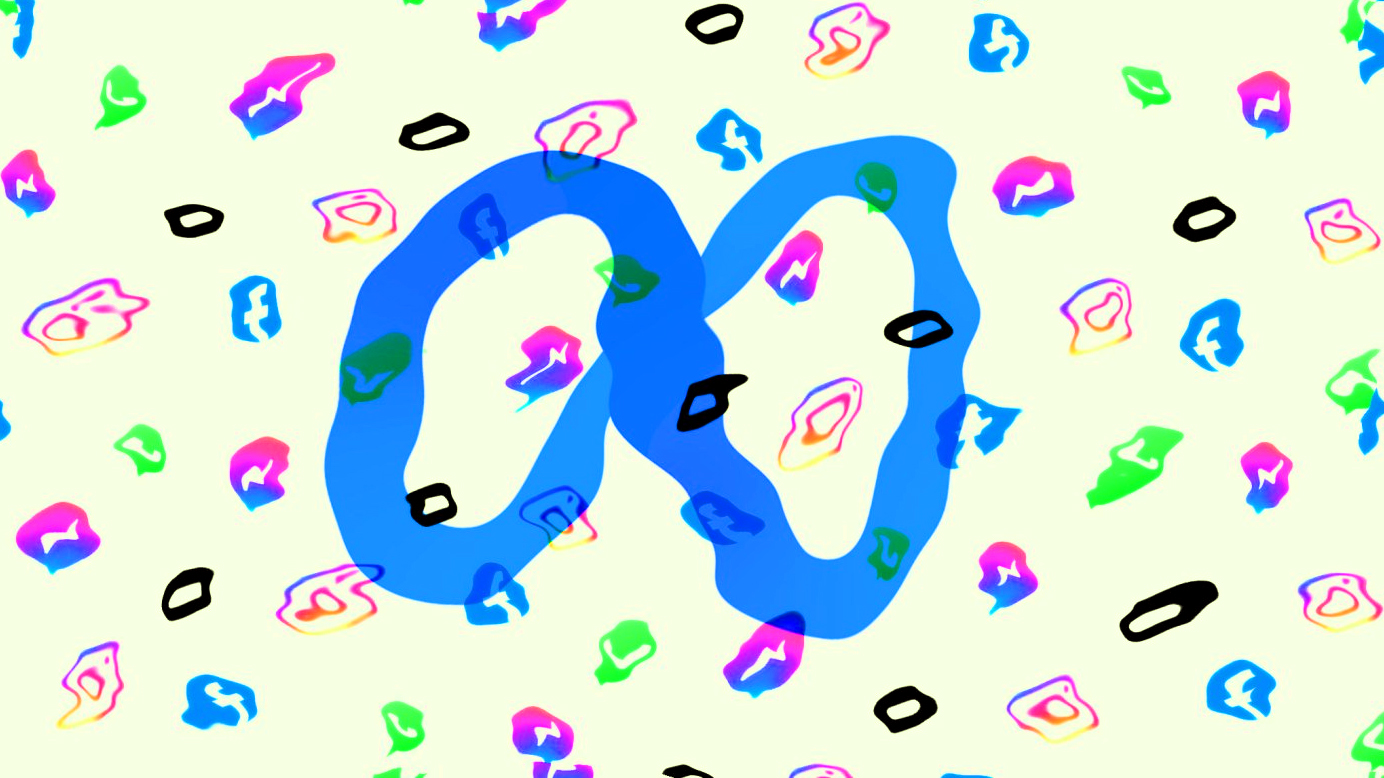Unlocking the Future – Meta’s Emu Video Takes Us One Step Closer to AI-Generated Movies


The rate at which AI is advancing at the moment there is a possibility that full-fledged movies and TV shows powered by AI are possible, echoing the words of Avengers director Joe Russo. Recent discoveries, including OpenAI’s hyper-realistic text-to-speech engine, have paved the way for this new frontier. But Meta’s latest announcement takes a bold step forward and introduces Emu Video, an evolved version of its image creation tool, Emu.
Emu Video, which lets you create 4-second animated clips using notes or linked images and descriptions, is incredibly reliable. The 512×512 clips, 16-frames per seconds are among the best in terms of realism, especially when animated by simple and usually static scenes, such as waterfalls and skylines in the city. But even in its best work, the features generated by AI, such as bizarre physics and unusual annexes, introduce an element of unpredictability. Despite the progress, Emu Video fails to capture dynamic actions, reflecting a limitation in the model’s understanding of action verbs. Objects in the clips appear static, anthropomorphic raccoons hold a guitar but don’t vibrate, and unicorns play “chess” without moving the pieces. While the technology is promising, there is still work to be done to improve our understanding of its subtle workings.
Because Emu Video is integrated into platforms like Facebook and Instagram, there are concerns about its ethical implications. The potential impact on animators and artists who depend on creating scenes for their livelihoods is a pressing concern. Meta and other generative AI competitors claim their technology will enhance, not replace, human creativity, but skepticism remains, especially when it comes to financial matters. Controversy is spreading across the entertainment industry, with Netflix using artificial intelligence-generated background images in its animated shorts, raising questions about the working conditions of its performers. Marvel’s use of artificial intelligence in the opening credits of Secret Invasion sparked controversy in the art world and highlighted the delicate balance between technology and creative expression. Meanwhile, the potential impact on actors is clear, as the recent SAG-AFTRA strike raised concerns about the use of AI to create digital likenesses. There was an agreement to compensate actors for AI simulations, but evolving technologies may require changes in the future. Adding to the ethical debate, artificial intelligence like Emu Video is often trained on content created by artists, photographers and filmmakers without their knowledge or compensation. Despite efforts towards industry standards, the release of Emu Video highlights the challenges of preserving technology and ensuring ethical practices in creative environments. As we think about the future of AI content, questions arise about its impact on art, entertainment and the people behind the scenes.







